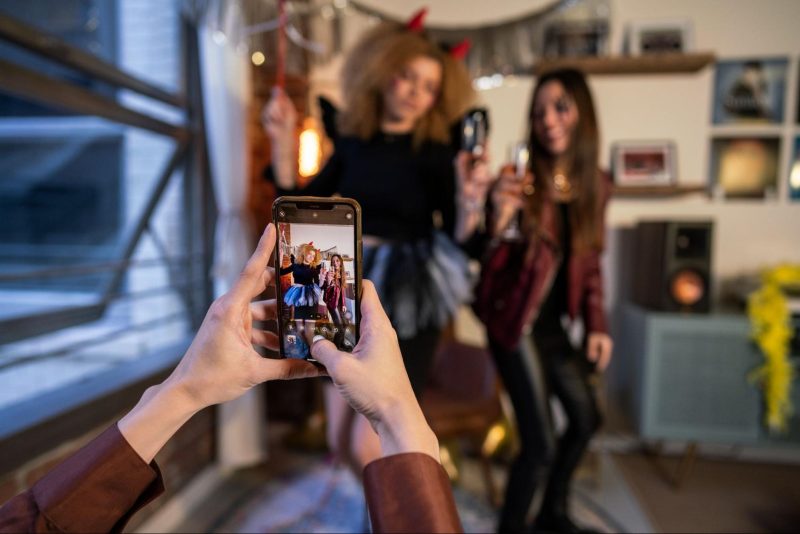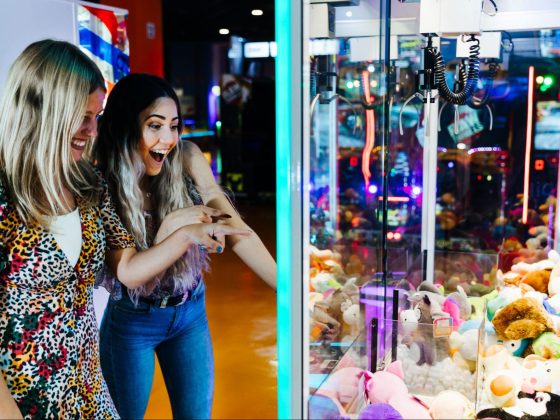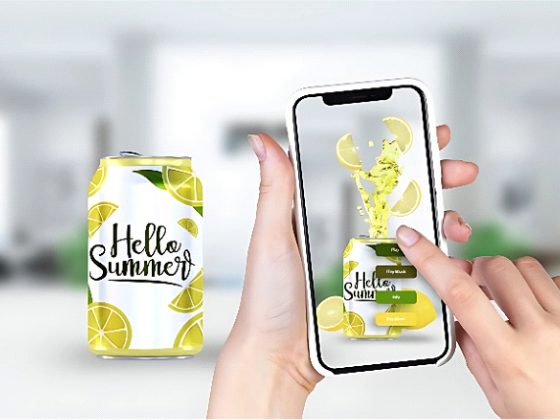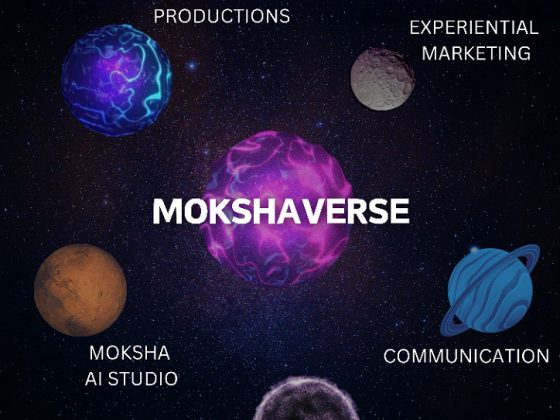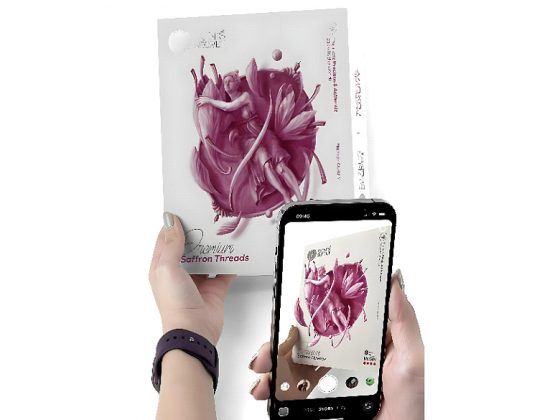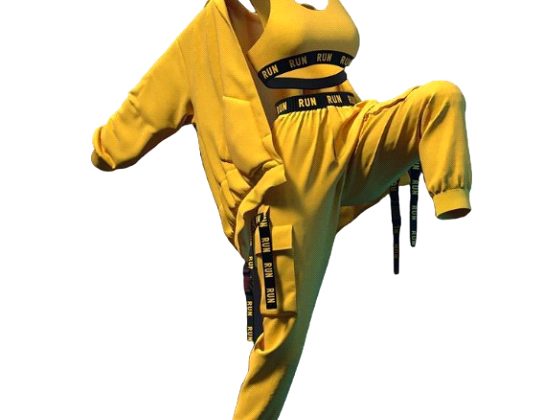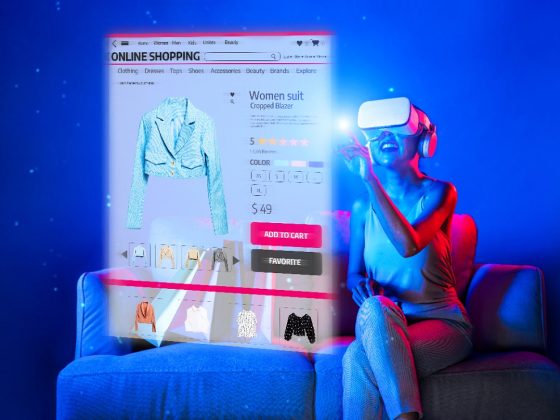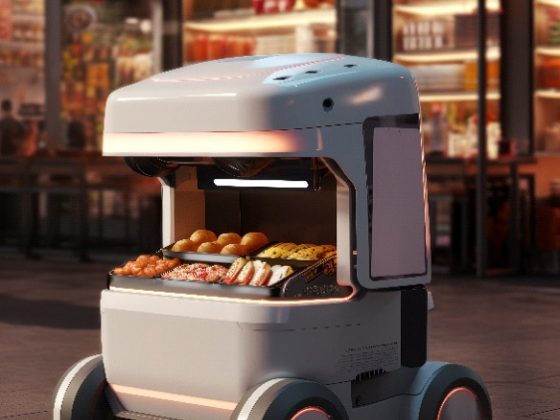Real-World Success Stories
FMCG brands have quickly embraced micro- influencer marketing with notable success. Coca-Cola’s #ShareACoke campaign is a prime example. The brand leveraged micro-influencers to showcase personalized Coke bottles, creating a viral trend that resonated with audiences. The campaign’s ability to connect with consumers on a personal level led to an increase in both sales and brand engagement.
Similarly, Unilever’s Dove campaign, #RealBeauty, utilized micro-influencers to promote messages of inclusivity and body positivity. These influencers helped reshape beauty standards and connected with a wider audience, particularly through platforms like Instagram. The success of both campaigns demonstrates how micro-influencers can help FMCG brands enhance credibility, build emotional connections with consumers, and drive purchasing behaviour.
Micro Influencers Offer High ROI: A Cost Effective Solution
In addition to boosting brand engagement, micro-influencers are an attractive alternative to costly celebrity endorsements. According to data from Traackr, micro- influencers offer a higher engagement-to-cost ratio than larger influencers. Brands partnering with micro-influencers typically see a more favourable return on investment, as the costs are lower, but the engagement rates remain high.
Micro-influencers are particularly valuable in the FMCG industry, where marketing budgets often must be stretched across various campaigns. Research shows that influencers with fewer than 10,000 followers generate higher engagement rates than those with larger audiences. This provides an excellent opportunity for FMCG brands to work with multiple influencers at once, ensuring a broader reach while maintaining a personal connection with each audience segment.

